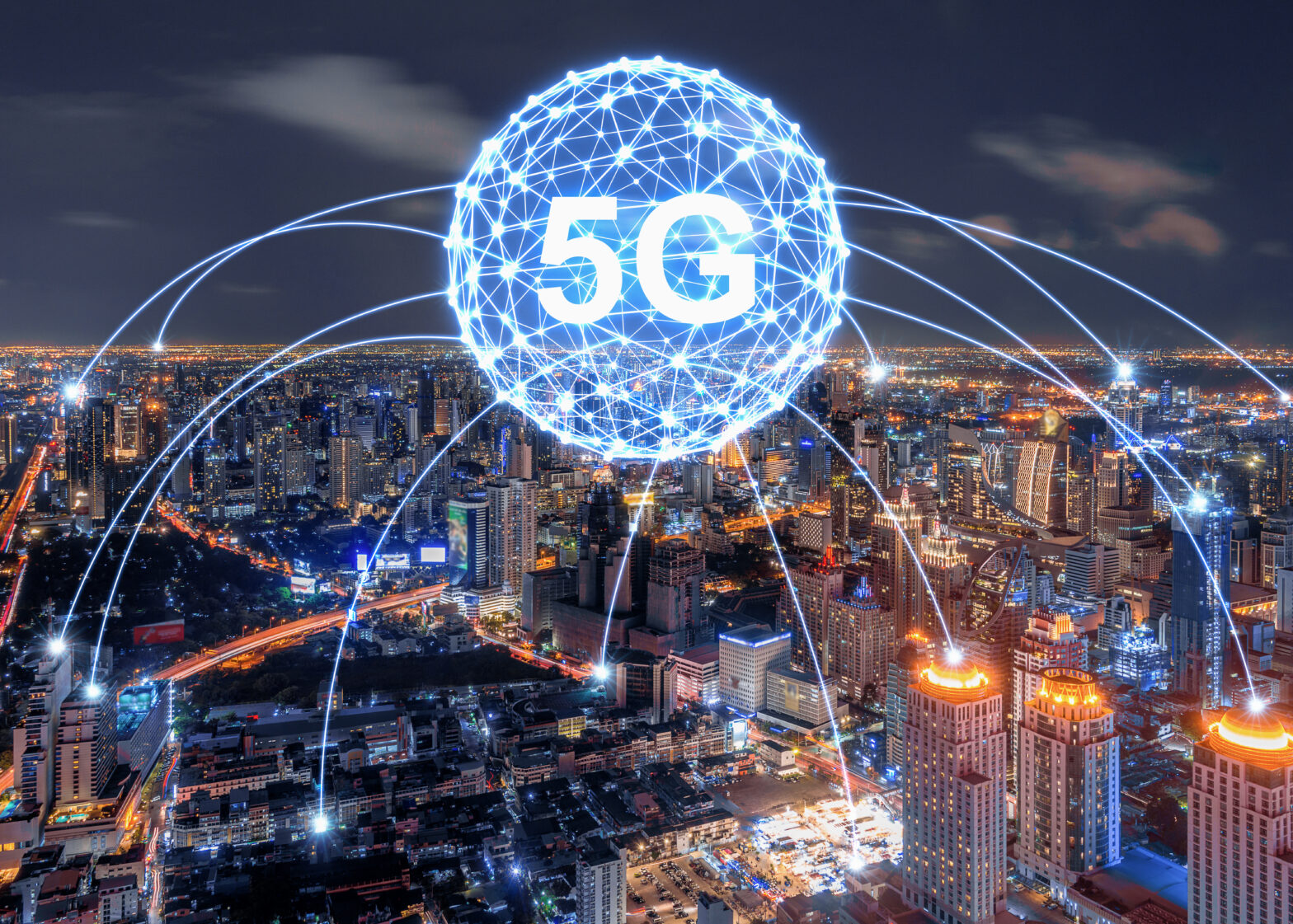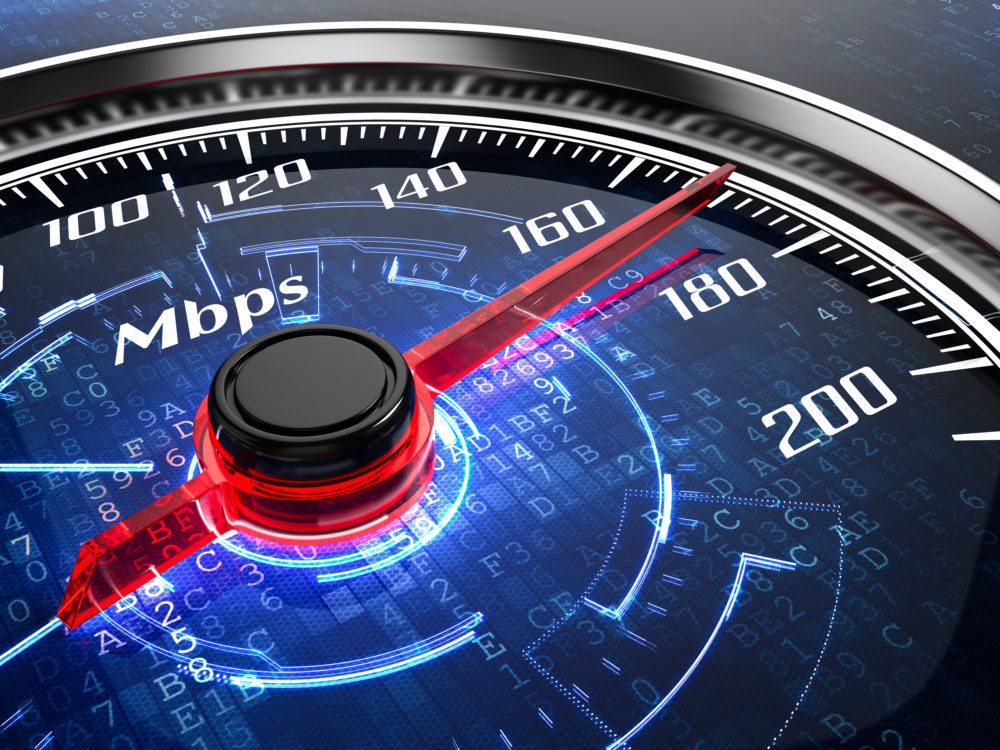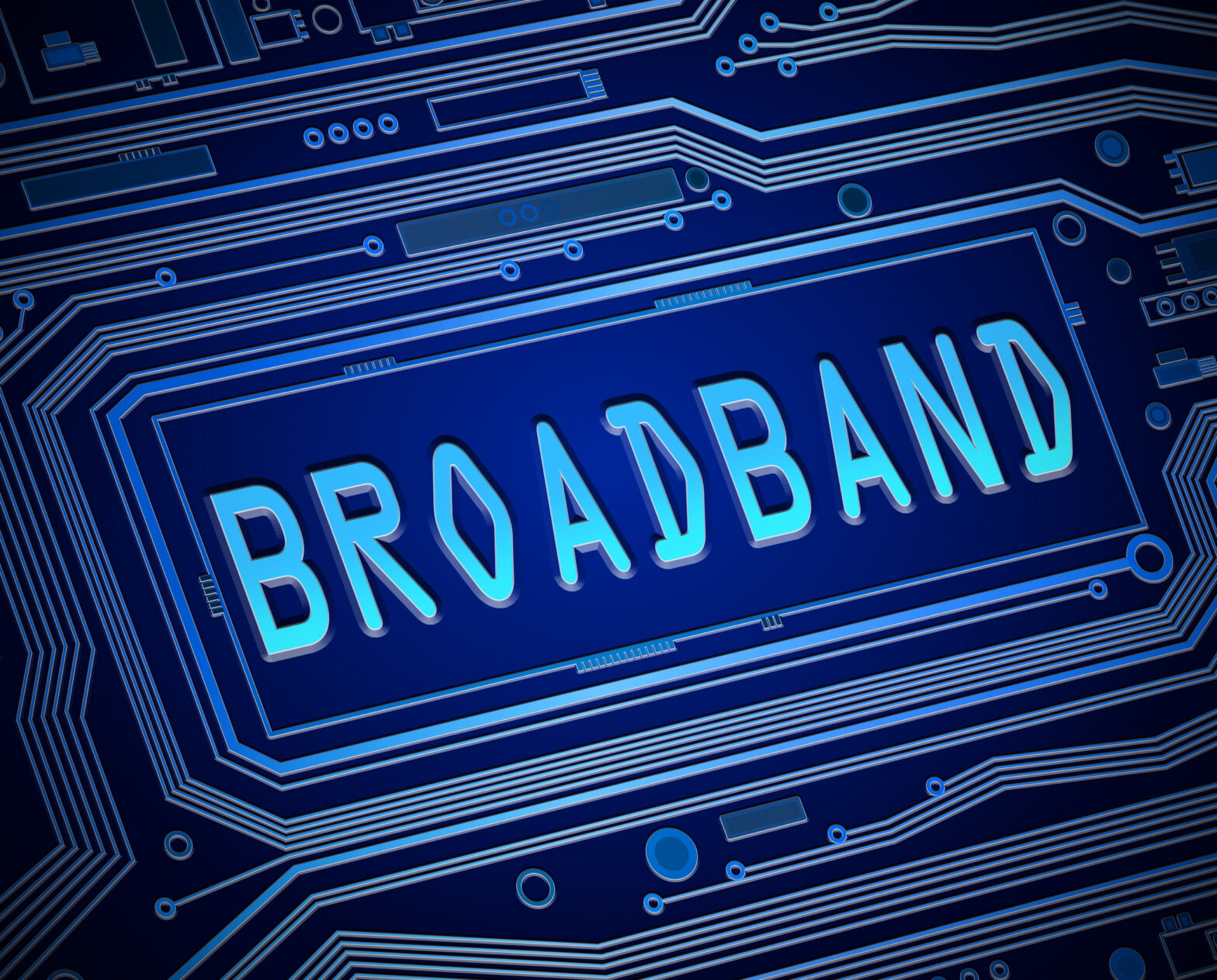This year will be the one long-awaited 5G technology starts to take off. Many expect this to be a game-changer and, according to Ericsson, by 2024 there will be over 1.5 billion of us connected to 5G.
However, 5G technology offers more than mobile calling or faster internet browsing. Increased productivity and the emergence of new industries are additional potential benefits.
According to a study from Qualcomm, by 2035 5G technology could underpin up to £9.3 trillion worth of goods and services in industries such as retail, healthcare, education, transportation, entertainment and more.
‘82% of business leaders, analysts and tech enthusiasts think 5G will drive small business growth, with SMEs becoming more competitive’
As reported by a PSB Research study which surveyed over 3,500 people, 91pc of business decision leaders, analysts and technology enthusiasts expect new products and services to be invented as a result of 5G.
Additionally, 82pc forecast small business growth and SMEs to become more globally competitive.
What exactly is 5G?
The “G” in 5G stands for “generation”. Now the world is hyperconnected, 5G takes things to a new level. It will dramatically increase the speed at which data is transferred across the network and will greatly expand the use of internet connected devices.
More than just speed
5G will have an increased data rate of up to 10 gigabits per second (10 to 100x improvement over 4G), faster than many home broadband services. This means a full HD movie can be downloaded in a matter of seconds. The importance of a quick connection is only going to increase; therefore, latency has been significantly reduced to about one millisecond. 5G will give wireless broadband the capacity it needs to support the ever-increasing number of Internet of Things (IoT) devices that will shortly reach our homes and workplaces. Businesses will benefit from up to a 90pc reduction in network energy usage and up to 10-year battery life for low power IoT devices, provided by 5G technology.
What do we already know?
Some of the uses that 5G will unlock are the following:
- Remote Surgery – 5G could make an enormous difference in providing healthcare to millions of people in remote locations, as well as training doctors in surgical specialisms. Some telecom equipment manufacturers, such as Ericsson, are already working with doctors at King’s College in London to test 5G-compatible prototypes of touch-sensitive gloves connected to remote robots.
- Self-driving cars – Improved latency will allow cars to exchange their location, speed, acceleration, direction and steering, faster than we can blink. Many consider this vehicle-to-vehicle communication the most important lifesaving technology to hit the auto industry in more than 10 years.
- Drones – Just as 5G will allow self-driving cars to talk to each other, it will do the same for drones, ensuring devices can fly without bumping into each other.
- Virtual reality – Creating an immersive virtual experience requires both high data throughput and reduced latency as the network needs to be responsive and provide large amounts of data.
- IoT – The use of IoT devices is set to explode. There are currently an estimated 6.4 billion connected devices in the world, but with home appliances, door locks, security cameras, cars, wearables, dog collars and other devices beginning to connect to the web, Gartner predicts that by 2020, 20.8 billion devices will be connected.
How 5G technology will help your business
5G will make businesses more efficient and extend capacity to do more in less time and with fewer resources, saving costs and increasing revenue as a result.
Many businesses are already familiar with the concept of individual mobile working but with the additional capacity that 5G offers, this could enable entire teams to be setup in remote locations very quickly. This could be very useful for new building sites where traditional services are not yet available and would allow several people to be connected to head office systems.
High quality remote video conferencing and surveillance solutions that have traditionally relied on hard wired solutions, all become a possibility.
National and local broadcasting organisations will be able to expand their mobile news gathering and outside broadcasting capabilities and benefit from the extremely low latency that current mobile solutions provide.
The most intriguing thing is, similarly to how we couldn’t have predicted the advent of services like Uber or Facebook Live on smartphones, we don’t yet fully know what applications will emerge from the use of 5G.
When will 5G be available?
All major telecom operators are battling to be the first to market as those at the forefront can expect to increase market share and revenue streams. 5G is already available in some test locations around the UK and EE has just launched its 5GEE solution in several UK cities with more to follow before the end or 2019.
By combining improved capacity with increased cost-efficiency, 5G represents an opportunity for telecom operators to improve their consumer business. Networks will also have more capacity and be more responsive than with previous generations, meaning that more people and devices can work on the same network without slowing it down. However, telecom operators will need to rethink their data plans as conventional ones are unlikely to be able to support the increased download speed 5G will bring. More unlimited data plans like those offered by many home broadband providers will become available.
See also: What is digital transformation and what does it mean for SMEs?.
Opening the door
5G technology will be one of the main disruptive forces for businesses in the UK and worldwide in the coming years. In an already connected world, 5G will not only stimulate the emergence of start-ups and small businesses, opening the door to the creation of products and services unimaginable before, but will also significantly increase efficiencies, reduce costs and maximise resource capacity for existing SMEs.
Most importantly, we are looking at a technology that will empower a whole new range of applications that can’t even be forecasted before it effectively takes off.
Gavin Davis is partner and lead for technology advisory services at MHA MacIntyre Hudson
Further reading
Five things for small business owners to know about the 5G network





